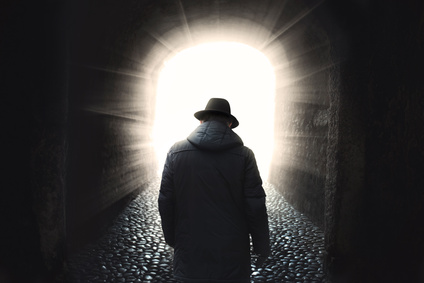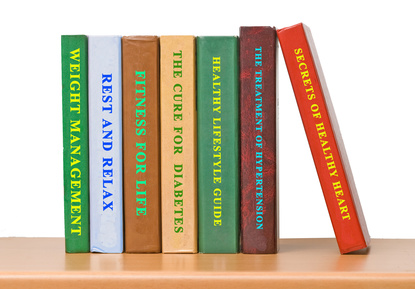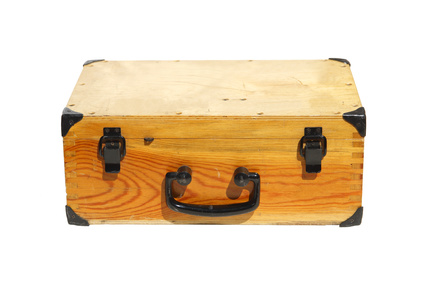In Harper Lee’s To Kill a Mockingbird, Boo Radley is the mentally disturbed neighbor who everyone views as The Boogeyman. What brilliance to include this character in a story about how people fear, or hate, or distrust a fellow human due to a judgment of skin color or class or…yes, mental illness.
Anxiety is one of many mental challenges that remains a stigma in our society today. As Atticus points out in Mockingbird, you can’t understand another until you’ve walked in his shoes. So, for the sake of bridging the gap and giving voice to what many of us experience, I’m sharing my take on anxiety, written back when.
* * *
Anxiety wears a black duster that whips the air as he strides in tall black boots. Gaunt pale face, curved nose, laser-beam eyes, shocking red lips.
A salvaged cigarette in the hands of a desperate smoker.
In the hospital bed, my heart thumps warnings into my back that no one hears. In the hallway, a clipboard tucked under his arm, one doctor says to another, “It’s anxiety. It’s nothing.” Anxiety isn’t nothing, I want to shout, it’s a prison! It’s steel bars in a rundown tenement. It’s the child crouching under the stairs peering with mournful eyes behind spiderweb hair. It’s the last continent under a sky devoid of stars. It’s the tightness in the chest, the warning shot of adrenaline. It’s coffee all jacked up. What’s wrong with me? It’s that question, asked over and over and over again without an answer to soothe it to sleep.
I ache for that soothing hand, that brush against my cheek, on my forehead, against the small of my back where numbness traces its canyon path. I want to un-crouch from inside, to fly, to be free and soar and run and giggle and pretend and create and believe and have faith again in my own healing power. Why couldn’t the doctor say, “It’s fine, you’re safe, all is well. Nothing to worry about, chum. I can’t explain why you’re feeling what you’re feeling, but I assure you it’s not physical. It’s your brain playing tricks.”
Anxiety is the brain playing tricks. Thoughts gouging dry riverbeds in the mind.
When I’m alone in my anxious brain, it’s a dangerous place to be. The brain is a trickster. It thinks it knows the truth, but the truth is only a guess. It takes the bits and pieces I feed it through my eyes, fingers, skin, taste buds, nose, ears, and it sorts them into bins and labels each bin.
Very organized.
Very tidy.
The problem is with the labels.
Don’t believe everything you think. It’s my mantra. Don’t believe everything you think.
I hold on, knowing that one day I’ll rear up and grab hold of anxiety’s black duster and rip it off and reveal a bare, huddled creature underneath. Something cringing from the sudden light. And I’ll laugh again.
Laugh! Again.
Because the truth is: A shadow can’t survive the light.
It disappears.



